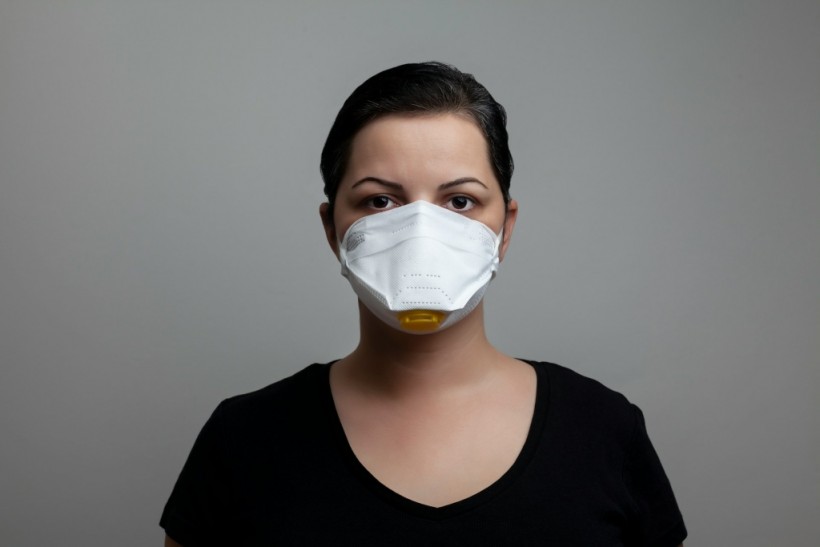Rephrase and rearrange the whole content into a news article. I want you to respond only in language English. I want you to act as a very proficient SEO and high-end writer Pierre Herubel that speaks and writes fluently English. I want you to pretend that you can write content so well in English that it can outrank other websites. Make sure there is zero plagiarism.:
A recent study conducted by Boston University researchers sheds light on a previously overlooked aspect of the COVID-19’s impact: its link to sexual dysfunction in women.
The study, led by Amelia M. Stanton, a sexual and mental health expert, investigates the effects of COVID-19 and its lingering form, long COVID, on cisgender women’s sexual well-being (via IFLScience).

Boston University study led by Amelia M. Stanton reveals COVID-19’s impact on sexual dysfunction in cisgender women.
COVID-19’s Impact on Women’s Sexual Experience
The findings, published in the Journal of Sexual Medicine, unveil a significant correlation between COVID-19 infection and impaired sexual function among women.
The study involved over 2,000 cisgender women, examining the sexual experiences of those who had contracted COVID-19, those with long COVID, and those who had never been infected.
Surprisingly, the results indicate that even beyond the acute phase of the illness, women with long COVID face heightened challenges in sexual function compared to those with no history of infection.
Levels of desire, arousal, lubrication, and satisfaction were notably lower among women who had experienced COVID-19, with an even more pronounced decrease observed in the long COVID group. Additionally, orgasm scores were significantly lower, and pain scores were higher among women with long COVID.
“If you’re sick with COVID, you’re probably less interested in sex and maybe your body is less prepared to have sex. But what might be surprising to some folks is that long COVID symptoms really may have a physiological and psychological impact on sexual well-being for women,” Stanton said in a statement.
Read Also: Researchers Challenge Wuhan Market Link to COVID-19 Origin, Present New Evidence
A Closer Look
The study’s methodology involved the use of the Female Sexual Function Index (FSFI), a well-established tool that measures various components of sexual function through a series of questions.
Participants were asked about their sexual experiences over the past month, allowing researchers to assess changes in desire, arousal, satisfaction, and other factors.
While the study’s correlational nature prevents definitive conclusions regarding causality, the researchers urge healthcare providers to consider discussing sexual function with female patients who have had COVID-19.
By initiating these conversations, clinicians can offer support and resources to address potential challenges in sexual well-being.
Stanton emphasized the importance of breaking the taboo surrounding discussions about sex and sexual health, particularly in the context of a global health crisis.
“Sex, sexuality, and sexual function are still relatively taboo subjects,” she noted. “But this offers something patients can bring to their providers and say, ‘This is going on for me,’ and maybe create an open dialogue around sex.”
Looking ahead, Stanton and her colleagues envision future research endeavors that expand the study’s scope to include transgender and gender-diverse individuals, ensuring a more comprehensive understanding of the intersection between COVID-19 and sexual health.
Stay posted here at Tech Times.
Related Article: Erectile Dysfunction Drugs Can Reduce Risk of Alzheimer’s Disease, New Research Claims

ⓒ 2024 TECHTIMES.com All rights reserved. Do not reproduce without permission.

I have over 10 years of experience in the cryptocurrency industry and I have been on the list of the top authors on LinkedIn for the past 5 years. I have a wealth of knowledge to share with my readers, and my goal is to help them navigate the ever-changing world of cryptocurrencies.




